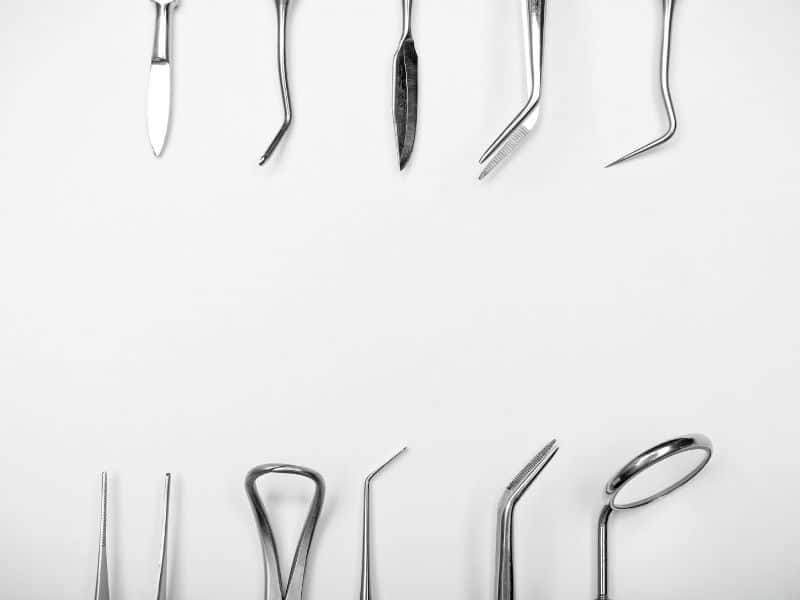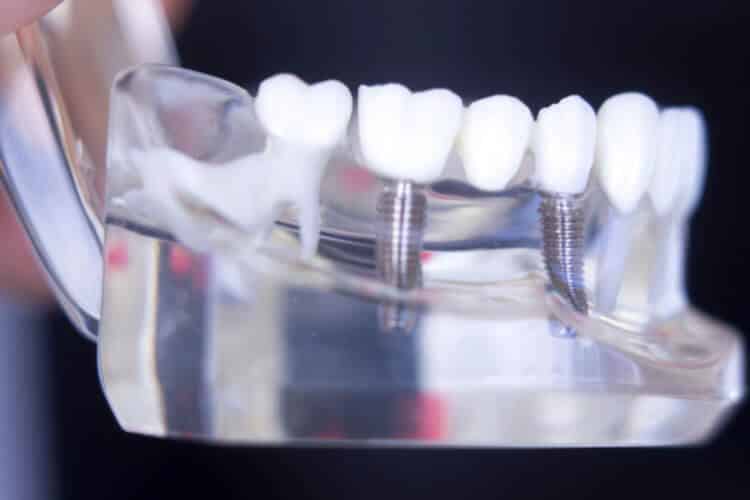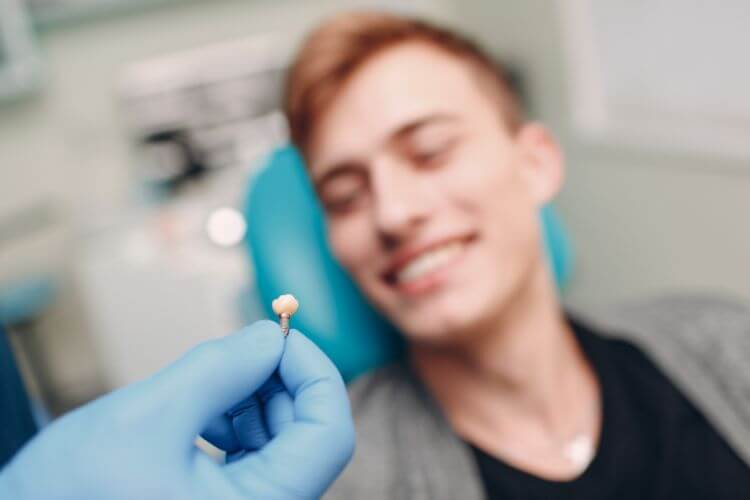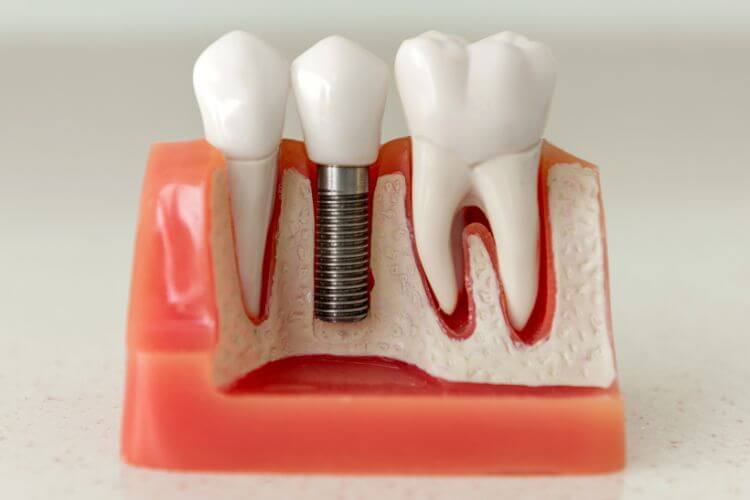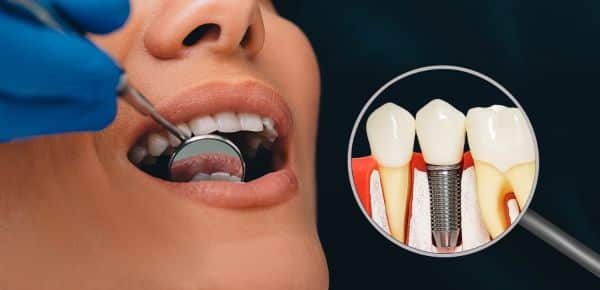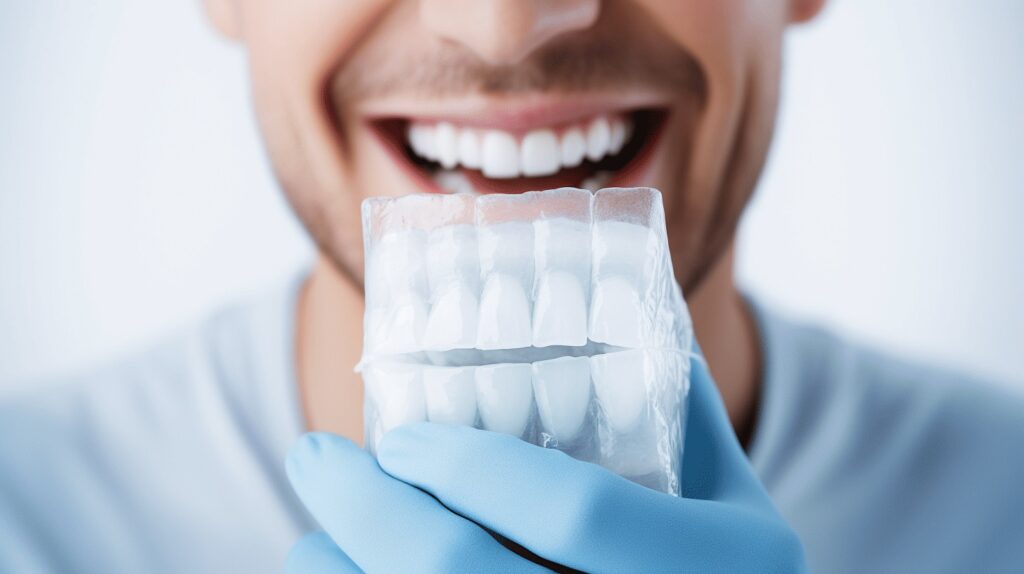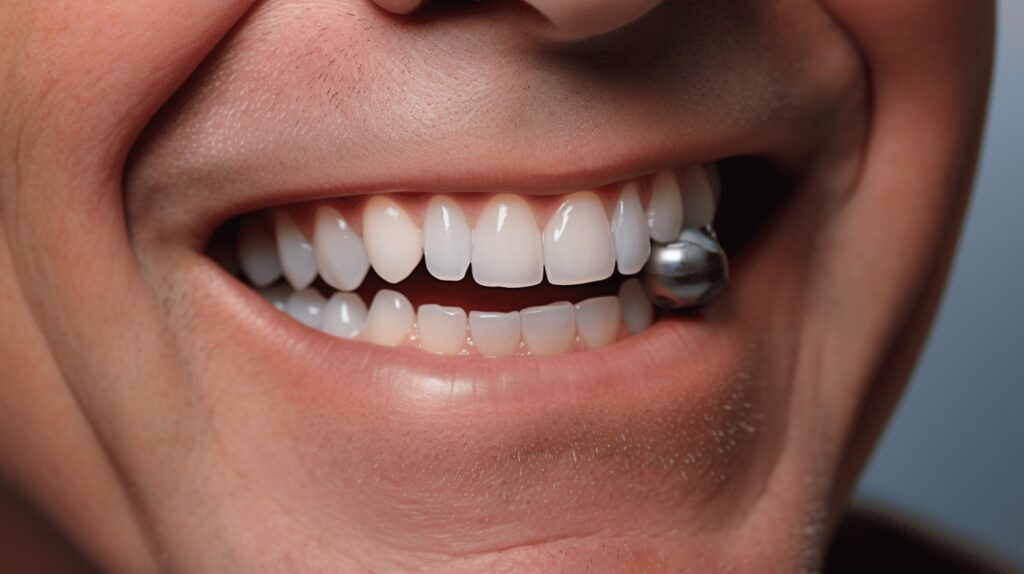If you have your dental work done at most practices, you may come to realize that very few offices have true specialists. General dentists, 80% of all practitioners, can perform a wide range of procedures, from treating cavities and doing cosmetic makeovers to placing implants where you have missing teeth or crafting dentures if you need many teeth replaced.
But certification as an advanced specialist requires additional years of training and experience, so only 3.8% of dentists in California are orthodontists, 2.2% are endodontists (doing root canal procedures), 2.4% are periodontists (treating gum infections), and oral surgeons (3.8%). The latter could become the most important because there are so many ways that what is technically known as an oral and maxillofacial surgeon (OMS) can help with serious health issues for the jaw and face.
However, referring you to any specialist outside your primary dental practice can lead to additional challenges. Each office has its own standards, office hours, staff of varying quality, sanitation and sterilization practices, types of services, and availability of appointments for busy specialists. Communication between practices can sometimes lead to misunderstandings, such as about the price for a specific surgical procedure and how much follow-up is needed. Just having to travel to another practice multiple times can be a significant hassle.
Fortunately, Wilshire Smile Studio has an oral surgeon in-house, Dr. Nariman Saadat, but he not only received his OMS degree, he went on to earn another as an M.D., a medical doctor. Hence, even among oral surgeons he is recognized as being one of the most capable to address a wide range of serious oral health issues.
Some of these services include:
- Extracting one or more teeth. If you are like one-third of Americans, you may not have had a dental exam for the past a year or two, even though the American Dental Association strongly recommends that this occur twice a year. As WebMD explains, an oral health examination can reveal small problems that could become big in less than a year unless treated immediately. Your dentist can assess whether you need to improve your brushing and flossing habits and may recommend adding to your routine a waterflosser, a small bristled pick to clean tight areas, or a dentist-grade mouthwash. A checkup may reveal teeth that have become so loose from poor dental hygiene that they cannot be saved and need to be extracted.
- Placing dental implants. Missing teeth cannot be ignored because the mouth begins to adjust to the gap by causing the neighboring teeth to lean in to cover it. This results in a chain reaction that leads to misalignment and even more loose teeth. The best way to prevent this is to surgically insert a dental implant, a biocompatible screw, into the empty socket and allow it to integrate with the jaw bone. This will take a few months and when it heals a dental crown made of porcelain that looks exactly like the missing tooth will be attached so that no one will know you lost a tooth. Unfortunately, not everyone can qualify for implants, such as heavy smokers, those who have advanced diabetes or osteoporosis, patients with untreated cardiovascular disease, or some autoimmune diseases. A candidate also needs enough high quality bone in the jaw to be able to hold the implant. If this is lacking, the patient might qualify by having a bone graft done by Dr. Saadat. Alternatively, he could anchor an All-on-4 implant platform, which requires less bone and fewer implants on one arch. That means that if you have quite a few missing teeth, four implants could hold as many as 16 crowns or a combination of crowns and real teeth that appear above the platform. This would be less expensive and take much less time to complete than placing up to 16 individual implants.
- Preventing impacted teeth. Teens often have their wisdom teeth (the molars at the back of the mouth) surgically removed because our gradually softer diet than in prehistoric times has evolved our mouths to for less chewing, becoming smaller. When wisdom teeth finally emerge they usually crowd other teeth, potentially damaging them and making the area hard to clean, so they are commonly extracted as a preventive measure.
- Correcting overbites or underbites. Sometimes upper or lower jaws do not grow properly and the mismatch results in difficulty chewing, swallowing, speaking, or breathing. An oral surgeon can perform what is known as orthognathic surgery to make the jaws properly aligned and more functional.
- Cleft palate and lips. These result when parts of the mouth and nasal cavity do not grow together properly and a gap opens in the lips or roof of the mouth.
- TMJ Disorder. The temporomandibular joints–the two hinges that connect the lower to the upper jaw–can easily become dislocated. TMJ Disorder is often indicated by a popping or clicking sound when opening or closing the mouth–or difficulty even doing so. Other symptoms can be pain if you chew, pain in the face or on the neck or shoulders, frequent headaches, dizziness, unconscious clenching of teeth, or hands and fingers that feel numb. Our OMS can adjust the TMJ back to its normal position.
- Sleep apnea prevention. Sleep apnea is a dangerous breathing disorder that disrupts sleep without the individual being aware. This is often due to excess flesh in the mouth blocking the airway, especially when the individual lies on his or her back. This causes an apnea, a pause in breathing, and the brain reacts by trying to wake up the individual to breathe deeply and get more oxygen. The result is that the person wakes up severely tired and unable to even drive to work safely and there are other serious consequences. An oral surgeon can remove the excess flesh and there are also non-surgical ways to prevent apneas, such as creating a special mouthguard that keeps the airway open.
- Cancer treatment. Dr. Saadat can do biopsies to determine whether tissues are cancerous and remove those that are dangerous anywhere in the mouth or on the head and neck
If you feel you may need oral surgery, call Wilshire Smile Studio at (323) DEN-TIST now or book online to set up an appointment for a full dental examination for diagnosis and to discuss your best options.


